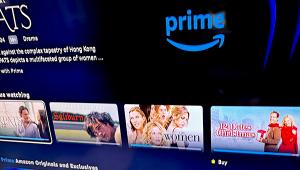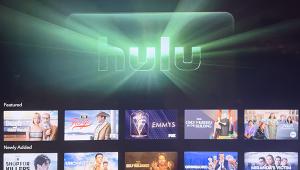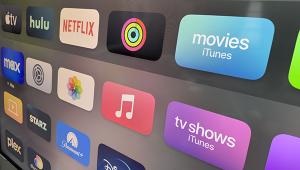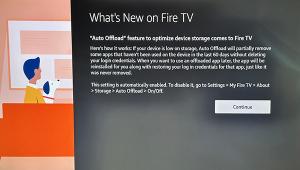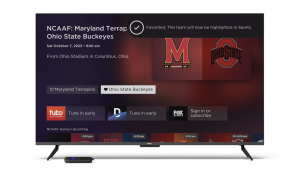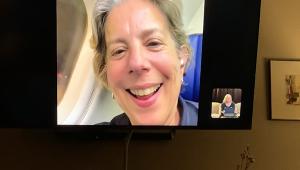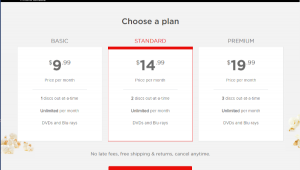The real problem as I see it is no or little competition on the last mile (hook-up to your home). In many areas their are only two economical providers (defined as under $50.00 per month) for high speed access (defined as above 25Mbps and in many areas only one provider meeting those specs is available. That provider is usually a cable company. Many phone companies still only provide hopped up DSL (U-Verse) and the speeds are not very good and the service is not reliable. Thus leaving the cable company with the good service and high prices.
What needs to happen is to have have the cities invite other prospective ISP's to install their fiber optic cables without high permitting fees. In some areas the Cable Companies have actually had state or local regulations passed prohibiting this thereby closing off competition. They are afraid of Google Fiber and Google is afraid of high permitting fees and other start up costs, thus perpetuating the problem.
Simplifying the Netflix-Comcast Deal: Net Neutrality Killer or Paying Their Fair Share?
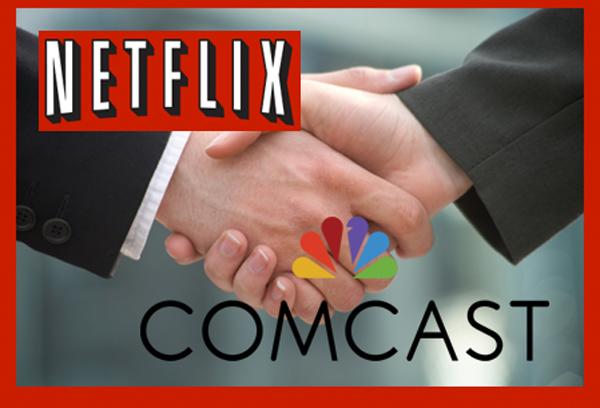
Some analysts say this deal will set a bad precedent, where other web companies will also have to pay up or be slowed down. Another viewpoint is that Netflix alone uses as much as 30% of an ISP’s bandwidth and that the company should pay for its piggish consumption. Right or wrong, the Netflix-Comcast deal changes much about the future of net neutrality.
In January, the U.S. District Court of Appeals ruled that the FCC does not have the authority to regulate internet service providers — ISPs such as Comcast, Verizon FiOS and your local broadband cable provider. In early February, the FCC proposed new rules that would require ISPs to provide customers with details of how they charge or slow down websites. The idea was that a consumer could see if a company was unfairly limiting access to websites. Because consumers wouldn’t want a company that limits their access, they could choose another ISP (if one was available in their area). While imperfect, the FCC’s hope was to dissuade ISPs from any surcharges or limits on websites.
Less than a week later, a bombshell dropped. Netflix made the deal to pay Comcast for direct access to the ISP’s bandwidth. This was a shock, as just last month, Netflix CEO Reed Hastings was quoted as saying that Netflix would “vigorously protest and encourage our members to demand an open Internet.” This month, however, Netflix has freely entered into a deal to ensure that it won’t be subject to limitations that might slow down its streaming video content.
This establishes a dangerous precedent. Other, smaller companies may be required to make similar deals of their own. Although Netflix has deep pockets, other companies may be edged out and streaming quality may suffer: Companies like PlayOn and Plex come to mind. There is also the danger that an ISP could charge high fees to websites or services that are in competition with its own content and services.
In the past few months, Netflix customers have complained of decreasing streaming speeds and therefore decreasing picture quality on Comcast. It isn’t clear if the slower speeds were due to increased Netflix traffic or an intentional slowing by Comcast to gain leverage in deal negotiations. Still, Netflix was in danger of alienating customers. The firm wanted to save its neck and was ready to cut a deal.
When you consider that a full one-third of Internet use is by customers streaming Netflix, it seems fair that Netflix should pay a premium for that access. However, the deal is not about paying a premium. Instead, it is a change in how the Netflix stream is received by Comcast.
Like many other web companies, Netflix has been using Cogent Communications. Cogent is an intermediary service — called a “backbone provider” — that receives the data from many websites and distributes it to ISPs around the country. The Netflix deal will give them open access to send their data directly to Comcast, thereby cutting out Cogent, the middleman.
There is more competition among backbone providers like Cogent than there is among ISPs: Think of how many Internet choices you have in your town. This competition had created a de facto net neutrality because all web streams delivered from the backbones were treated equally. When the middleman is cut out and competition is reduced, the ISPs get more power and net neutrality could be a casualty.
The Netflix-Comcast deal doesn’t really create preferential treatment. It’s not actually breaking any rules of net neutrality. Still, the outcome may be the same. It assures Netflix a fast steady stream by paying Comcast for it. The others who are still delivered by the Backbone service are on their own. Comcast is only the beginning. Verizon CEO Lowell McAdam told CNBC that he expects a similar future deal between the company’s FiOS ISP and Netflix.
Timothy Lee of the Washington Post puts it this way: “Officially, Comcast's deal with Netflix is about interconnection, not traffic discrimination. But it's hard to see a practical difference between this deal and the kind of tiered access that network neutrality advocates have long feared. Network neutrality advocates are going to have to go back to the drawing board.”
While I’m happy that I will continue to get SuperHD streams of Netflix, I can’t help but feel that a powerful ally of net neutrality has abandoned the cause and saved its own neck at a possible cost to others.
- Log in or register to post comments





